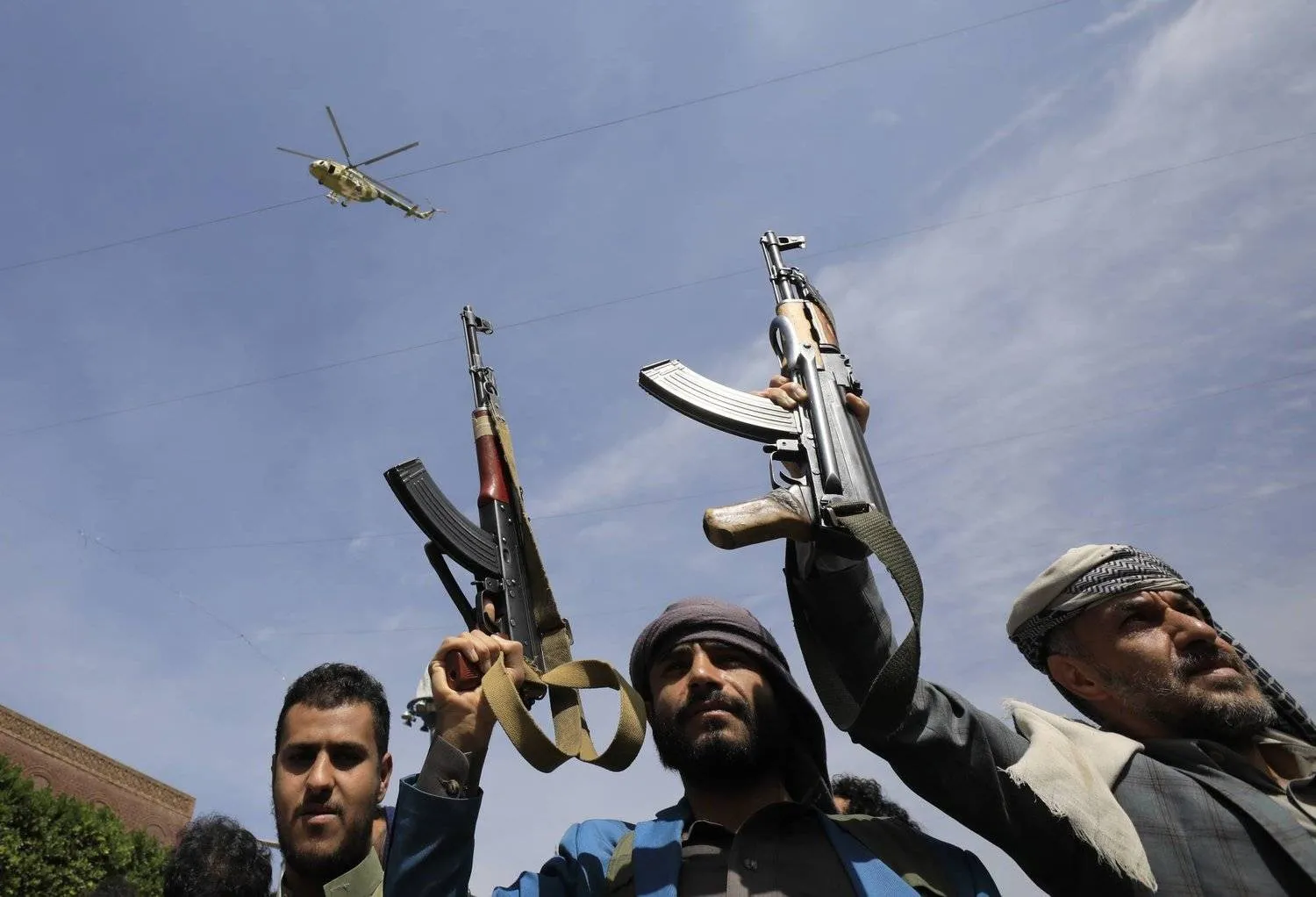The UN expects hunger and food shortages to expand in Yemen during the next six months, as numbers of displaced persons arriving at camps have increased due to Houthi attacks and weather conditions.
The report expected acute food insecurity in Yemen to worsen during the fall and next spring, with 20 percent of the population suffering from severe difficulty obtaining food.
It explained that about 10.8 million people are at the Integrated Food Security Phase Classification (IPC) for food insecurity and 6.1 million people at the Emergency level, which is the fourth stage of the classification.
The Food and Agriculture Organization (FAO) and the World Food Program issued their joint semi-annual periodic report on hunger hotspots in the world. They indicated that acute food insecurity in Yemen is expected to remain at critical levels during the forecast period extending between this November and next April.
- Yemen is the fourth hotspot of hunger
In Yemen, acute food insecurity is expected to remain critical amid the protracted economic crisis worsened by an anticipated reduction in humanitarian assistance.
The report indicated that Yemen is fourth in the list of 18 hunger hotspots around the world, after Congo, Sudan, and Ethiopia, in terms of the number of people suffering from acute food insecurity.
The report stated that the food security situation will witness a significant deterioration during the last quarter of this year, warning that the case will continue to worsen until next December, with 20 percent of the population analyzed projected to be critically food insecure.
Nearly 456,000 children under five years of age will likely suffer from acute malnutrition in the south throughout 2023, of which over 97,000 children are likely severely malnourished.
The report called for the need to provide $2.2 billion for food security and agriculture and $398 million for nutrition interventions within the framework of the 2023 humanitarian response plan.
The two organizations recommended providing emergency livelihood support and season-specific cash transfers, emergency food assistance, and life-saving multipurpose cash assistance to IDPs affected by both natural and human-induced disasters and to refugees and mixed migrants.
- Ongoing displacement
A few days ago, the United Nations Office for Humanitarian Affairs in Yemen (OCHA) warned that bad weather conditions during the winter threaten nearly a million people.
It indicated that it is estimated that extreme weather conditions will affect over 900,000 individuals in 68 districts across 12 governorates over the next four months, including IDPs, returnees, and host communities.
The International Organization for Migration (IOM) also reported that 26,000 Yemenis were displaced within a week, and the number of displaced people has risen since the beginning of the year to more than 55,000 people following Cyclone Tej, which struck the eastern governorates.
Between the beginning of the year and the end of last month, IOM monitored the displacement of 9,187 families, including 55,122 individuals.
Yemen is witnessing one of the most significant internal displacement crises around the world, which has doubled the repercussions of the humanitarian crisis that the United Nations describes as the largest in modern times.
The current ceasefire has not succeeded in alleviating the crisis, as the displaced persons fear the return of military escalation or the practices of the Houthi group.
A relief source in the Yemeni government believes the international organizations have failed to help the Yemenis and alleviate the humanitarian crisis that the country has been experiencing since the outbreak of war in 2015.
He indicated that aid organizations marginalized the role of government agencies, saying they have become coordination bodies.
The source, who preferred not to be named, accused the international organizations of ignoring the warnings and demands of the Yemeni government since the onset of the war, preferring to operate from Sanaa under Houthi control.
He attributed the deteriorating conditions to the organizations’ negligence, saying the situation has worsened, especially in the Houthi-controlled areas, where these parties carry out most of their activities.









